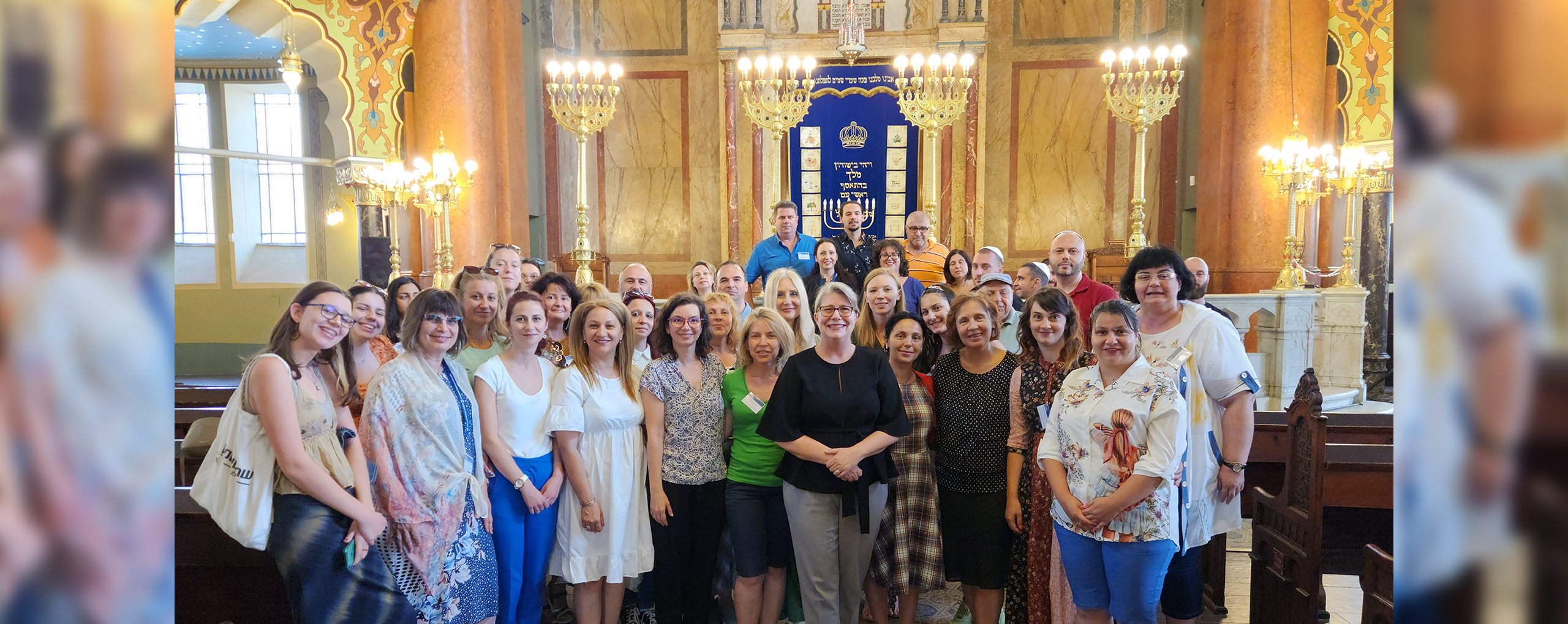The Olga Lengyel Institute for Holocaust Studies and Human Rights (TOLI) Empowering teachers to engage today’s students in Holocaust and human rights education.
Support Us
Become a TOLI Teacher or Supporter Join our Global Network
What We Offer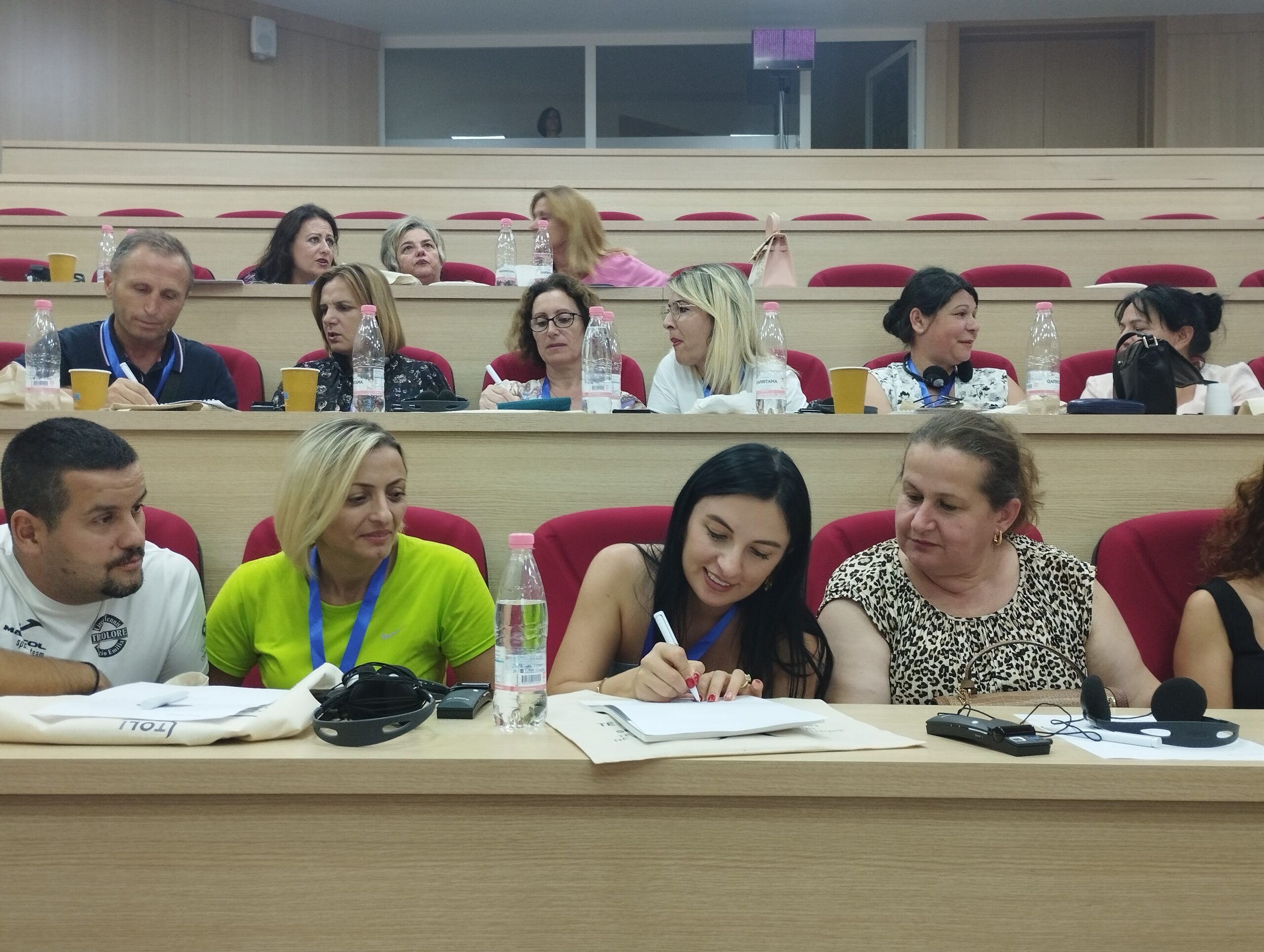
Watching video: TOLI’s Story
Best Practices in Holocaust Education
TOLI is recognized for its transformative professional development programs in Holocaust studies and human rights education, offering in-person seminars at no charge to educators. Participants learn how to teach the complex subject of the Holocaust through inquiry and writing and become a part of TOLI’s international network of Holocaust educators.
TOLI in ACTION

Students Inspire TOLI Educators
High school students from Columbia, Costa Rica, India, Ethiopia, and Israel who are studying at a program based in Germany, inspired educators at TOLI’s recent seminar in Zagreb with an exhibition they developed on the forgotten Jews of Vukovar, Croatia.

Seminar Held in Seattle on the Holocaust and Japanese American Legacy
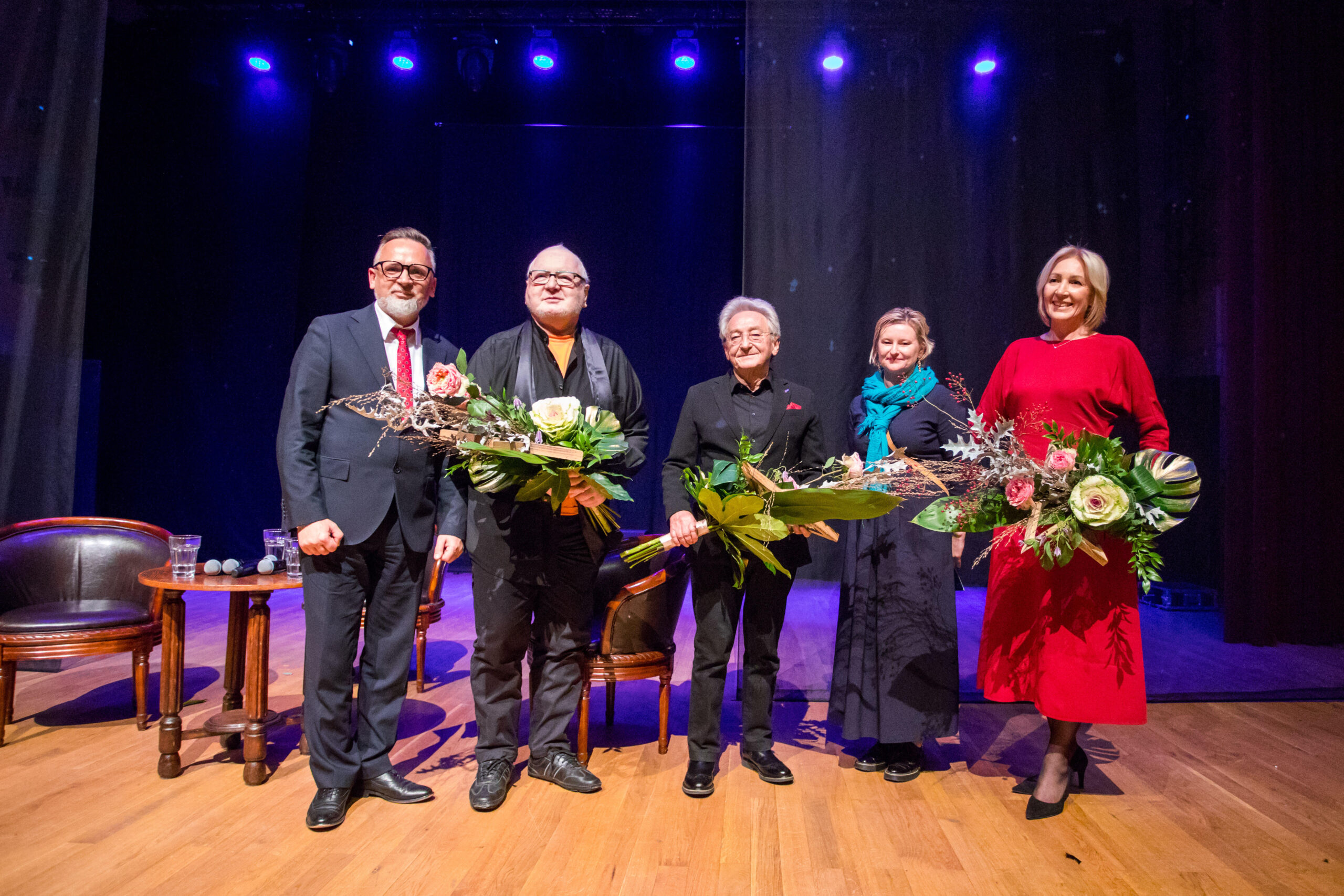
Impact Grant Reaches 500 Students in Polish Town
Partially funded by a TOLI Impact Grant, 500 residents of the city of Mińsk Mazowiecki, Poland, learned about the legacy of Polish Jews through a musical, a mobile exhibition, a film dubbing workshop, and a historical walk. Read More.

Hungary Joined TOLI Network of 16 European Countries
This summer, we added four new seminars: Albania, Georgia, Slovakia, and Hungary. TOLI seminars were also held this year in Bulgaria, Croatia, Greece, Italy, Lithuania, Poland, Romania, Serbia, and Ukraine.
In April, a transnational seminar bringing TOLI alumni from throughout Europe took place in Croatia.
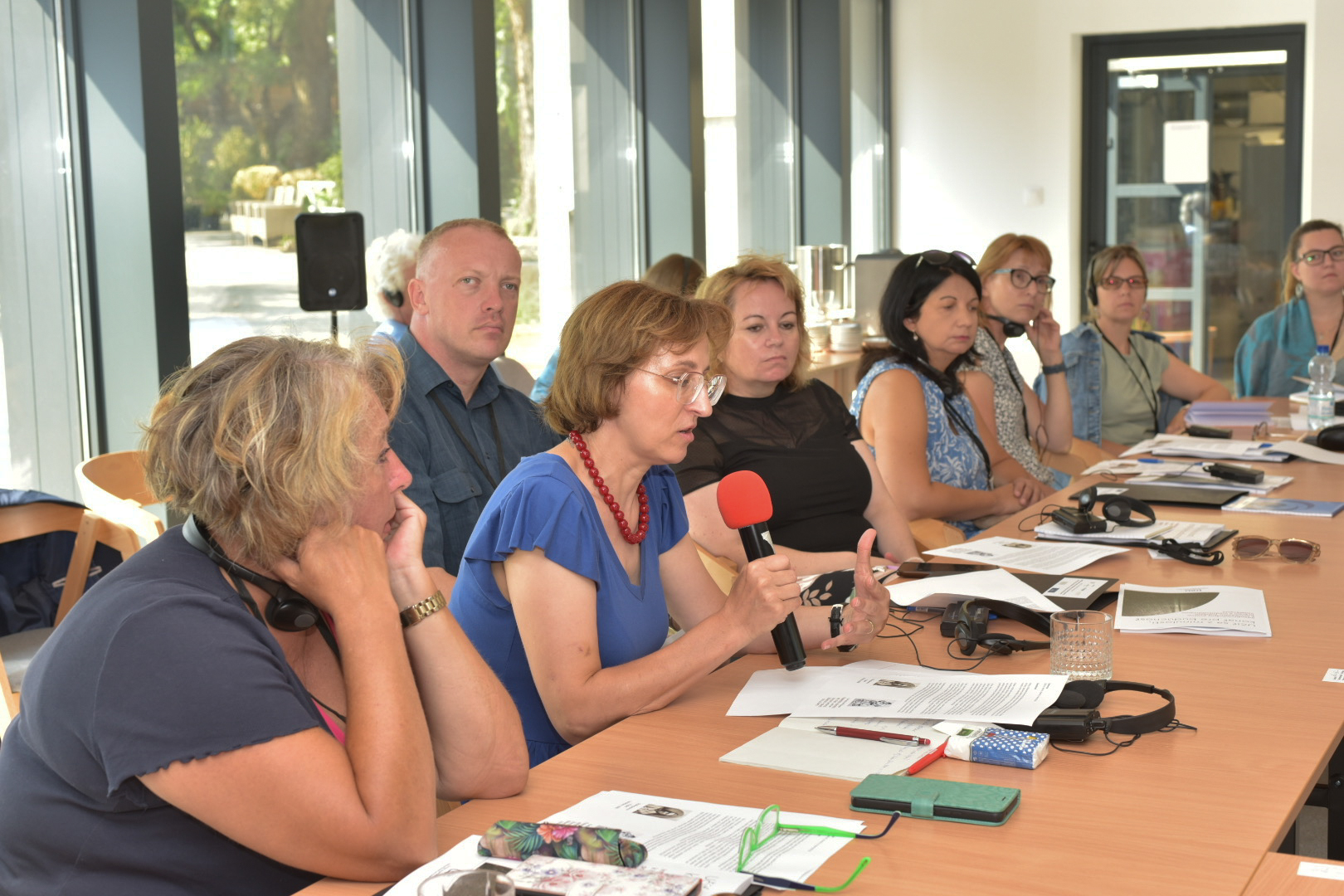
Why I Became a TOLI Teacher
The TOLI Impact Grant Program is very important in my professional activity. However, it’s not the money/grants that are most important, but the support received, the recommendations, and the openness that TOLI has towards education, culture, history, and the future of our students.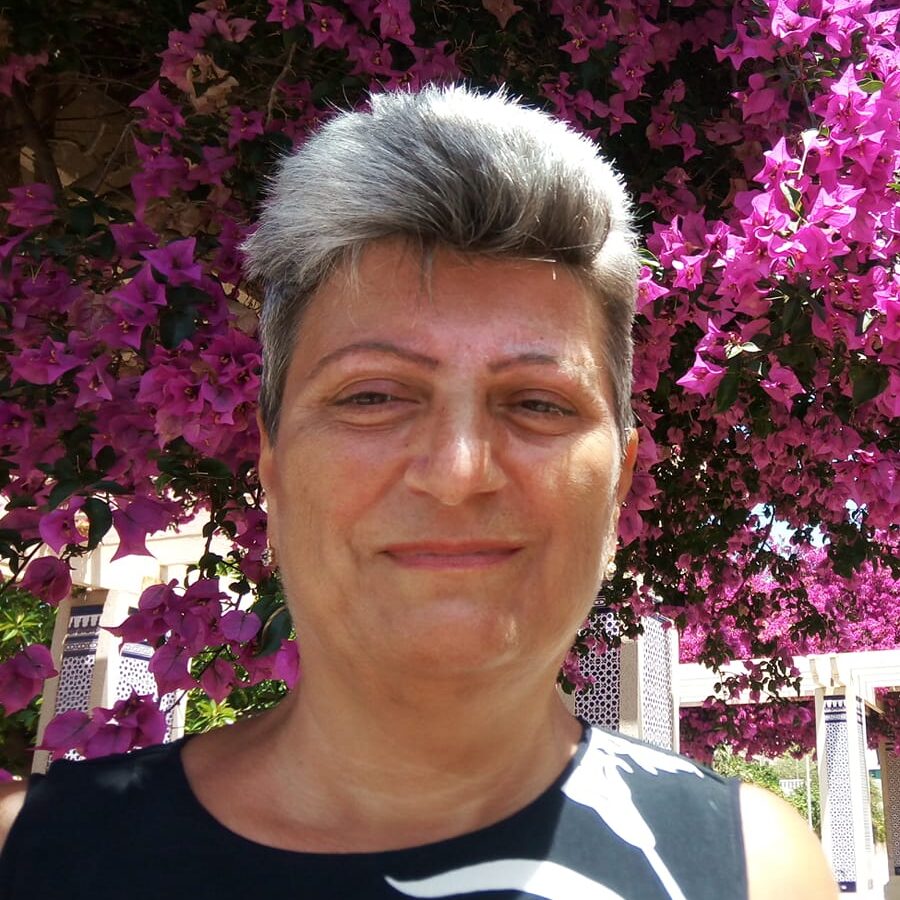
Livia Ghiurcuta
5-Year Impact Grant Recipient
Romania
Recorded Programs
TOLI presents live and virtual programs, featuring scholars, writers, journalists, and other professionals on topics relating to our mission of Holocaust education, human rights education, countering antisemitism and racism, and strengthening democracy and pluralism. They’re free and open to the public. View all Recorded Programs here.


February 27, 2024
My Friend Anne Frank: The Inspiring and Heartbreaking Story of Best Friends Torn Apart and Reunited Against All Odds
View

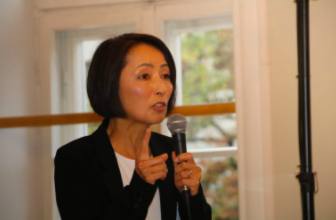
Remembering Toshimi
We are so saddened by the sudden and tragic loss of Holocaust educator, Toshimi Abe-Janiga of Palm Beach, Florida.
It was an honor to have Toshimi participate at TOLI’s first seminar in Vilnius, Lithuania, in Oct. 2019, where she spoke about the life and legacy of Japanese diplomat, Chiune Sugihara, who saved thousands of Jews from the Holocaust by providing them with transit visas. Toshimi created the Holocaust Legacy Project to teach the lessons of Sugihara’s courageous actions to students in the US, Japan, and Lithuania.
Like Sugihara, Toshimi was an inspiration to people she touched – students, teachers, parents, and so many in the TOLI network. May her memory be blessed.
Your Donation Makes A Difference
Donations to TOLI allow teachers to attend our seminars at no cost and provide them with impact grants to support their classroom projects. To date, these grants have reached over 47,000 students, with nearly 10,000 in eight countries last year.
Grants support research, field trips, and multimedia projects that help students learn about the Holocaust and human rights.

